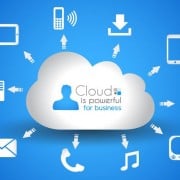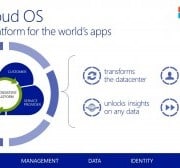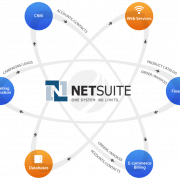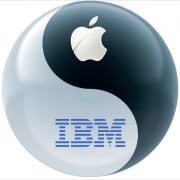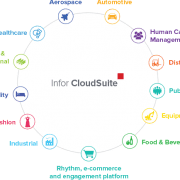Cloud computing has become a household name for many companies. Using Cloud computing flexible, controllable, and efficient. It is able to accommodate business and IT structure needs. Cloud computing is especially beneficial for music entertainment applications, for example Music Mastermind. Each of Music Mastermind center’s cloud can create 160 virtual instances and support an estimated 400,000 active users. French Managed Services Provider (MSP) Zetark, offers a self-service private-cloud option for its customers with the ability to perform granular billing on exact usage of memory.

